Analyzing Data and Harnessing Web3 Carbon Credits for Sustainable Smart Cities
Unleashing the Power of AI Agents
Smart cities are rapidly evolving, leveraging technology to enhance urban living and improve sustainability. At the heart of this transformation lies data – a vast and complex resource that can be harnessed to optimize resource allocation, reduce pollution, and improve citizen well-being, while making our cities more sustainable. However, effectively analyzing and utilizing this data requires sophisticated tools and innovative approaches, more so because data tends to be isolated trapped in corporate silos. Alternately, when such data si available in public domain it lacks inherent context to make it actionable.
DataCurve deploys a network of AI agents for autonomous data collection and analysis, as well as web3 agents to create, register, monitor, and monetize carbon credits, to revolutionize data analysis and drive the creation of truly sustainable smart cities.

The Role of AI Agents in Smart Cities
AI agents are autonomous entities that can perceive their environment, make decisions, and take actions to achieve specific goals. In the context of smart cities, DataCurve AI agents can:
- Collect and process data from diverse sources: Integrating data from various sensors, IoT devices, and citizen feedback platforms.
- Identify patterns and anomalies: Detecting traffic congestion, energy consumption spikes, and environmental pollution hotspots.
- Predict future trends: Forecasting demand for public services, anticipating natural disasters, and optimizing resource allocation.
- Automate decision-making: Automating traffic signal timings, adjusting street lighting based on real-time needs, and optimizing energy distribution.
The Potential of Carbon Credits in Smart Cities
Carbon credits are a mechanism used to reduce greenhouse gas emissions, allowing companies or governments to offset their emissions by investing in environmental projects. In smart cities, these credits can play a vital role in achieving sustainability targets. By integrating carbon credits into city planning and development, urban areas can significantly reduce their carbon footprints.
Smart cities can utilize data-driven insights to optimize energy use, reduce waste, and improve public transportation systems. By harnessing Web3 technology, cities can track and manage carbon credits more efficiently, ensuring that every credit contributes to genuine sustainability efforts.
Web3 enables a new level of transparency and accountability in carbon credit trading. Unlike traditional methods, this decentralized approach ensures that all transactions are recorded on an immutable ledger, providing a verifiable trail of carbon credits. This transparency is crucial in ensuring that carbon credits are genuinely contributing to environmental goals rather than simply acting as a form of greenwashing.
By combining the power of AI agents with the innovative potential of Web3 carbon credits, we can unlock the full potential of data to create truly sustainable and resilient smart cities. DataCurve is at the forefront of this exciting frontier, driving innovation and empowering cities to build a better future for all.
To that extent, collaboration between governments, private sectors, and technological innovators is essential to pave the way for a cleaner future. By working together, stakeholders can create a robust framework that incentivizes decarbonization effortsin urban sustainability efforts.
